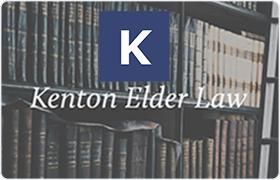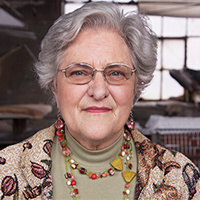Lexington Estate Lawyer, Kentucky
Sponsored Law Firm
-
 x
x

Click For More Info:
-
Kenton Elder Law
713 College Rd Paris, KY 40361» view mapEstate Law Helping Generation After Generation
Kenton Elder Law works with families to ensure smooth financial transitions and long term care arrangements as older adults move into later stages of life.
800-932-7301
Joe Francis Childers
✓ VERIFIED *Status is reviewed annually. For latest information visit hereWills & Probate, Estate Planning, Commercial Real Estate, Residential Real Estate
Working to protect Kentucky’s most vulnerable citizens and natural landscapes has long been Joe’s personal and professional passion. As an undergr... (more)
James I. Murray
Real Estate, Estate Planning, Family Law, Corporate
Status: In Good Standing *Status is reviewed annually. For latest information visit here
W. Thomas Bunch
Bankruptcy, Business Organization, Estate Administration, Litigation
Status: In Good Standing *Status is reviewed annually. For latest information visit here
Jason David Thompson
Estate, Car Accident, Workers' Compensation
Status: In Good Standing *Status is reviewed annually. For latest information visit here
Hugh Trigg Mitchell
Estate, Tax, Corporate, Banking & Finance
Status: In Good Standing *Status is reviewed annually. For latest information visit here
Walter C. Cox, Jr.
Estate, Estate Planning, Trusts, Power of Attorney, Elder Law
Status: In Good Standing *Status is reviewed annually. For latest information visit here
FREE CONSULTATION
CONTACTCaryn L. Belobraidich
Wills & Probate, Consumer Protection, Corporate, Commercial Bankruptcy
Status: In Good Standing *Status is reviewed annually. For latest information visit here Licensed: 32 Years
Douglas Trent Hawkins
Estate, Wills & Probate, Divorce & Family Law, Accident & Injury
Status: In Good Standing *Status is reviewed annually. For latest information visit here
FREE CONSULTATION
CONTACTMartha Jean Griffin
Elder Law, Estate Planning, International Tax, Trusts
Status: In Good Standing *Status is reviewed annually. For latest information visit here
Terri Renee Stallard
Litigation, Trusts, Estate Planning, Estate, Corporate
Status: In Good Standing *Status is reviewed annually. For latest information visit here
 Carolyn Kenton Paris, KY
Carolyn Kenton Paris, KY Practice AreasExpertise
Practice AreasExpertise
